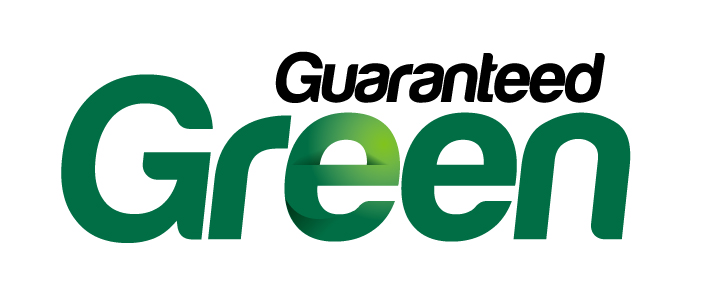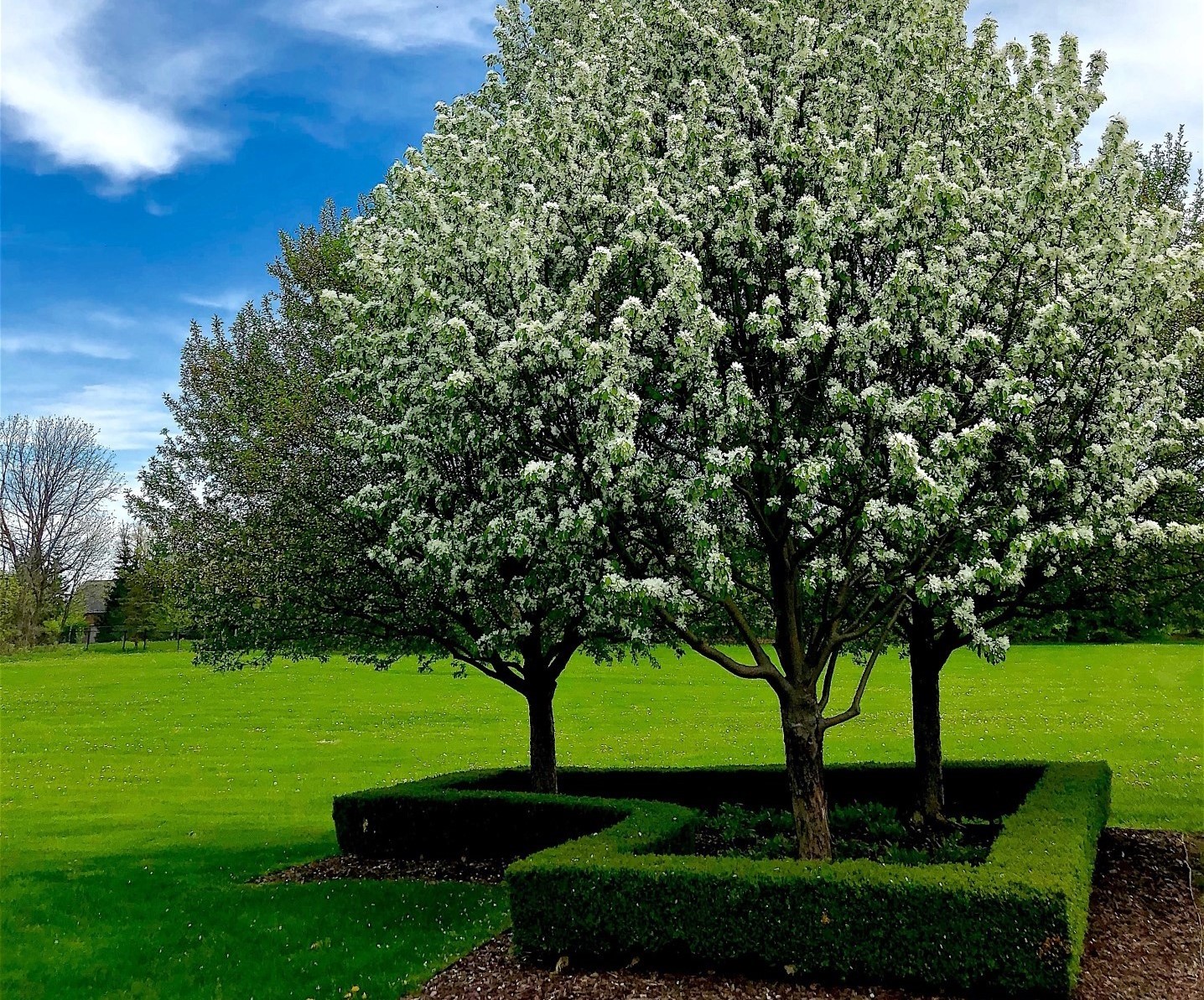As a result of the warm climate in Georgia, you will find plenty of beautiful, fragrant, and fruit-producing trees that grow here all year round.
There are many residential properties in Atlanta where fruit trees are planted. Some of them include apples, pears, apricots, persimmons, cherries, muscadine grapes, plums, nectarines, and naturally, the famous Georgia peaches.
Even though Georgia is a great state for fruit yield, it is also a state where numerous pests and diseases restrict the production of fruits.
When not properly cared for, domesticated fruit trees will start to grow wild, become diseased, and may even die.
Spraying is done to prevent material or cosmetic damage to the plant, which inhibits the growth, health, and usefulness of the tree and fruit. There is a multitude of pests that feed on trees and their crops. There are also lots of fungi and diseases that cause tree and fruit damage that’s either cosmetic or material.
Thus, it is important to spray your trees regularly according to the schedule to keep them reasonably free from pests, insects, fungus, and any disease.
In general, you should first realize what threats are there for your tree and when they are active. An insect egg, for instance, can stay dormant in the bark of a tree all winter and only begin to hatch and feed on the leaves when spring arrives. A fruit tree might also get infected by a particular fungal spore only when the flowers are opening.
So know the types of threats for each type of tree and the timings when the pest is active as this will help you to spray for maximum plant protection and minimal product waste. There is no purpose to treat for something that’s not there!
What is most important, early organic and non-organic spray applications need to match the stages of fruit bud development.
These stages include:
Dormant (just before buds swell in spring); Silver (slightly open buds that show no green tissue); Green tip (buds open at tips with green tissue); Half-inch green (buds project 1/2 inch of green tissue); Tight cluster (exposed and tightly pressed blossom buds with short stems); Pink (pink or white blossom buds with fully extended stems); Blossom (from bloom opening through petal-fall); Petal-fall (also known as shuck, most petals have dropped); and lastly, Fruit formation stage (first fruits start to develop) which lasts until harvest.
Whether a bud is going to transform into a flower or a shoot is based on the treatment or growing conditions of the tree. So if you want your trees to produce healthy crops of delicious and nutritious fruits, you need to learn how to promote the development of fruit buds.
This brings us to the question of whether it is safe to spray trees once their fruits have already been developed and ready to harvest.
Can You Spray Fruit Trees With Fruit On Them?
Pesticide, insecticide, fungicide applications during the dormant stage of fruit bud formation (i.e. before the bud starts to open) can minimize pest infestations and tree diseases later in the year. There are different types of spray you might be using on your fruit trees, however, you must not use them at the time when the blooms are opening.
Don’t spray during the bloom period when flowers are open since chemicals sprayed at that time will kill honey bees and other pollinators. Remember that all pesticides, no matter if organic or conventional, are poisons, even though their toxicities may vary.
Eco-friendly, multi-purpose sprays and horticultural oils are typically regarded as less toxic and safer than other chemical pesticides. But unfortunately, they can harm honey bees.
It is important to avoid harming the bees and other beneficial insects as they are required for pollination which makes fruit development possible. Honeybees and other bees are the main ways of transferring pollen in deciduous fruit trees.
Also, since lack of pollination affects fruit production, make sure not to spray your trees during the day when the pollinators are most active. After the pollinators have already performed their vital role, it is now safe to spray trees that have fruits on them.
Certain fungicide sprays applied while a tree is in bloom can also destroy pollen. So during the growing season, start spraying only after the petals fall off the blossoms, which is the petal-fall stage.
Keep in mind that each product you spray on a tree varies in terms of the period when it can be used. It is, therefore, crucial to read the product label carefully and check for detailed directions.
As some chemicals can be used to spray a fruit tree up to one day before harvest, and even including the day of harvest, other labels clearly suggest not to spray within a certain number of days of harvest.
General-purpose spray mixtures are a good choice for the management of many fruit diseases and are helpful in the control of common insects and pathogens that tend to attack the fruit. When you rely on a mixture that includes more than one insecticide, it simplifies spraying the fruit.
However, spray mixtures can also be less effective in certain situations, they contain types of insecticides that will not always prove to be the most efficient for controlling specific problems.
All pests do not always endanger your fruits in combination, thus, using mixtures often results in unnecessary spraying. They may also not be appropriate shortly before harvesting your fruit.
Each species of fruit tree has its own ideal spraying schedule depending on the diseases that can put the plant at risk. Follow the product label for the specific application timing as it’s critical that these trees get treated to control disease in spring, summer, and fall.
Fruit quality can be drastically improved by targeted, isolated fungicide treatments when they’re applied at the proper time. When environmental conditions are favorable, disease spores will infect the fruit. While some diseases spread in cool and wet spring weather, other fungal spores activate during hot and humid summer conditions. Anticipating diseases is crucial in order to start treating them just before they do any harm to your trees.
Get familiar with the products available and how to apply them. However, in order to help your fruit trees flourish, consulting a licensed and experienced tree care professional is your best option, particularly during the early stages of tree life.
Contact Guaranteed Green for advice on which products are best for tree growth. If you need help spraying and caring for your trees in Metro Atlanta, GA, call us today on (770) 599-2774 to learn more about our tree and shrub program.





